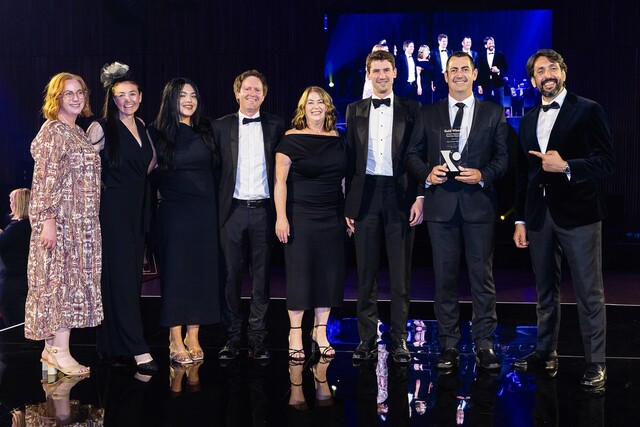Are culture and skills’ fault-lines holding back local government?
Many large and complex organisations face the challenge of integrating dispute resolution systems within their structures. Any human resources (HR) manager will tell you, ‘if only everyone had conflict resolution skills these time-consuming, emotionally difficult and expensive workplace clashes could be avoided’.
Innovation in organisations comes from all employees being engaged, and their ideas valued. That same respect for diversity and knowledge is needed for an organisation’s dispute resolution system to work efficiently.
Effective dispute processes are necessarily whole-of-organisation systems. We often see disputes arising around an issue that appears really simple to resolve, but it seems to take on a life of its own as it washes around a department and then escalates up the management hierarchy. The perception that HR or a dedicated complaints team can control every aspect of the dispute resolution process just isn’t realistic.
An efficient system requires all levels of the organisation to communicate laterally and vertically, to have conflict-capability skillsets appropriate to their roles and then for all staff to use those skills, and their specialist knowledge, to resolve an issue as quickly as possible.
Conflict and disputes are a normal part of life and of local government. Whether you’re a frontline employee trying to handle a complaint or the Chief Executive Officer attempting to mediate an inter-departmental dispute, an inclusive systems approach across the organisation fosters a culture of respect, an appreciation for creative solutions and – when clients’ are impacted – leading edge service recovery.
* Copy supplied by Australian Disputes Centre

















